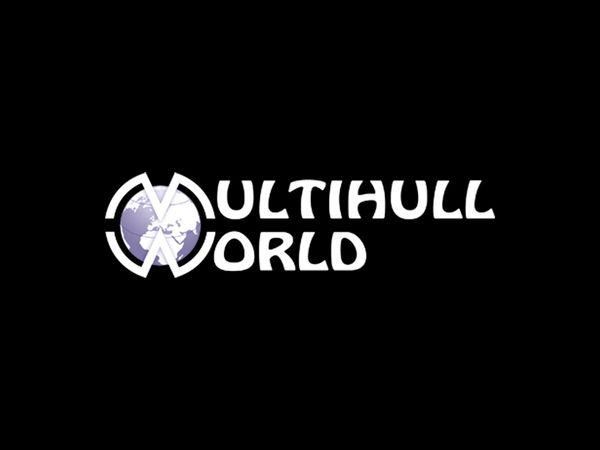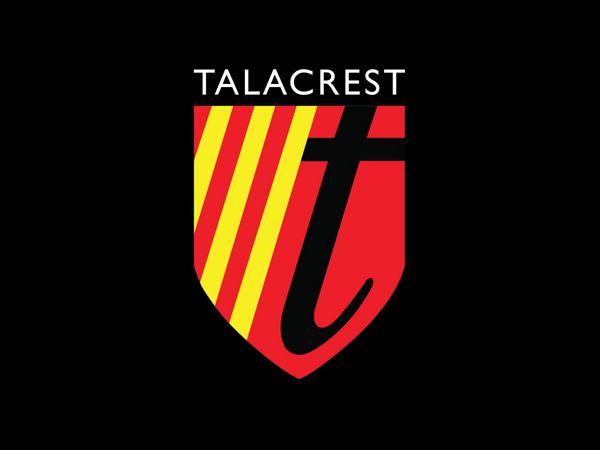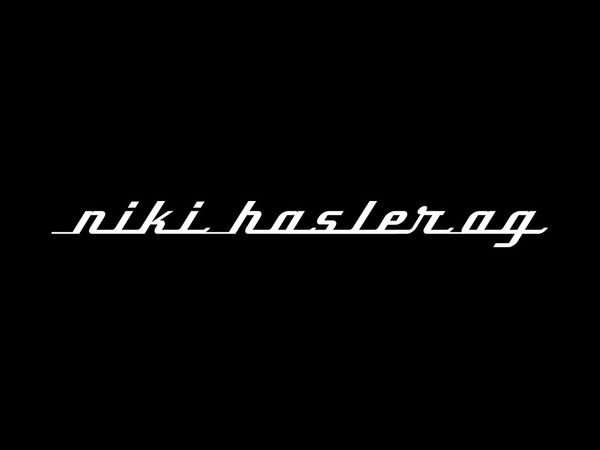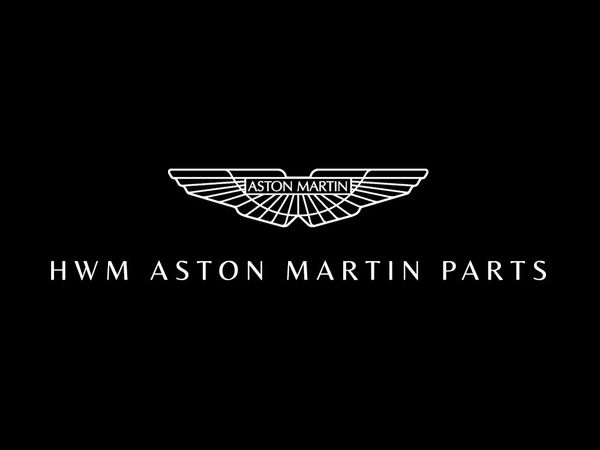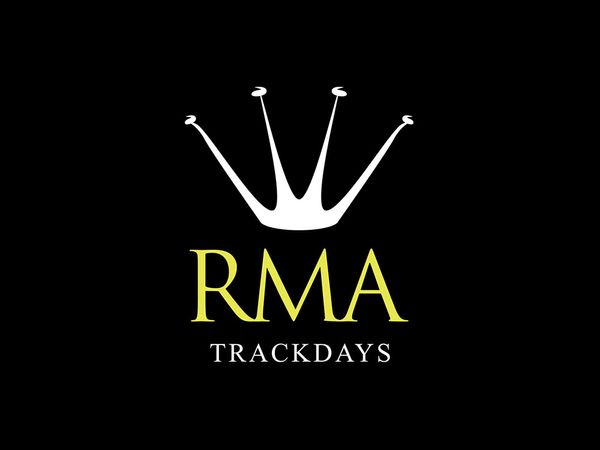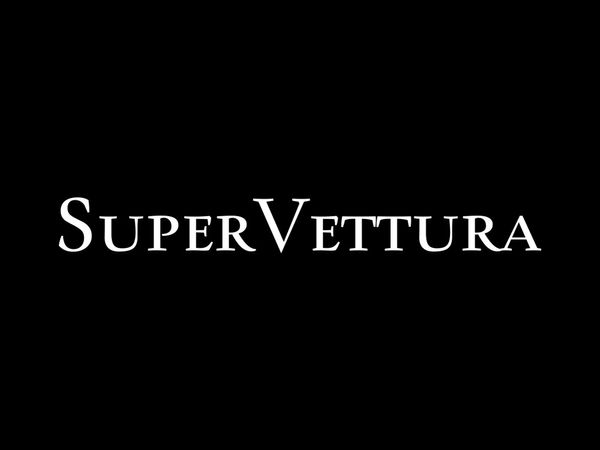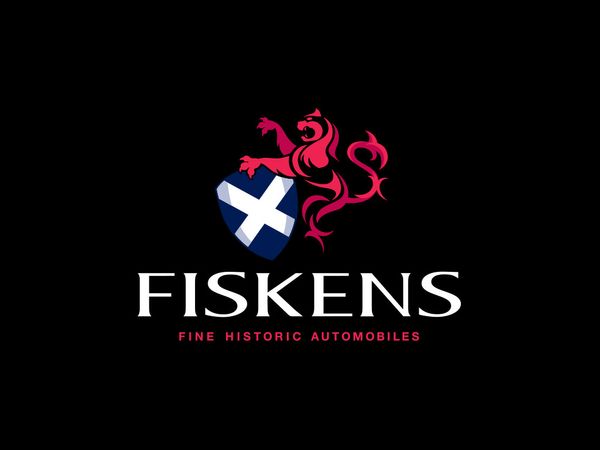1959 Lister-Chevrolet 'Costin' Sports-Racing Two-Seater Design by Frank Costin Chassis no. BHL 121
Estimate: US$800,000 - US$1,000,000 / £630,000 - £790,000
Chassis no. BHL 121
5,359cc OHV Chevrolet V8
Mechanical Fuel Injection
360bhp at 6,000rpm
4-Speed Manual Transmission
Independent Front and DeDion Rear Axle with Coil Over Spring Rear Suspension
4-Wheel Disc Brakes
*The first, prototype Costin-bodied Lister
*Ordered new by legendary racer John Ewer and campaigned at Goodwood in 1959
*Well documented history and excellent pedigree both in period and recently
*Eminently competitive and eligible for international motorsports events
THE COSTIN LISTER
At the end of the 1950s a dual new generation of sports-racing cars powered by engines bought from outside suppliers confirmed the specialist British racing industry's dominance of all road racing categories below full International Championship level. The duality of that generation saw the lightweight small capacity designs from Lotus, Lola, Elva and others selling in considerable numbers, while their counterpart featured the larger capacity Jaguar and ultimately American Chevrolet and Ford V8-powered projectiles, particularly from Lister Engineering of Cambridge, England.
Here Bonhams|Cars is delighted to offer this beautifully presented and, within the British club-racing scene, successful Lister-Chevrolet with the later 1959-style Mike Costin-designed streamlined bodywork. This particular Lister-Chevrolet was well-known for many years as being 'the David Beckett Lister', as this highly competent amateur owner/driver accumulated race wins at club racing level over several of the always jam-packed and frenetically busy British seasons.
This particular car actually started life as new fitted with an American Chevrolet V8 engine by manufacturer, Brian Lister (Light Engineering) Limited of Abbey Road in the world-famous British university city of Cambridge.
The car was built to the order of London-based car dealer/driver John Ewer. Two years earlier, Brian Lister had built his company's first prototype Lister-Jaguar to be campaigned for him through 1957 by his firm friend and works team driver Archie Scott Brown. This diminutive little Scot had been born with a malformed right arm and no proper hand. His shoulders were broad and his torso was normal. Seated at a table he was as tall as most men, but his legs were very short and he topped barely five feet. He was an always cheerful and friendly extrovert, and one memorable trait was his total acceptance of what some considered to be his deformity. Brian Lister would recall: "Nature always compensates, and in Archie's case I believe it had given him the most incredible sense of balance which is what made him such a superb driver". The first works Lister-Jaguar of 1957 proved to be a superb car for such a new star. Lighter than the Jaguar factory's own famous D-Type design and with the always startling-spectacular Scott Brown behind the wheel it became the dominant force of British national and international sports car racing through 1957.
For 1958 customers beat a path to Lister's door wanting to buy the next iteration of the Lister-Jaguar. Of course their orders were accepted, included one for three cars from American superstar owner/entrant Briggs Swift Cunningham. Some American customers preferred the V8 engined option, normally Chevrolet but with Ford and in one case Maserati V8s also being specified. Brian Lister devised an ingenious regulations-skirting body style for these 1958 cars, which from that body form became known as the 'Knobbly' Listers, their frontal area minimised by a low front end treatment, with tall humps providing clearance for both the wheels and the centreline-mounted engine.
Tragically, the much-admired, indeed much-loved, little star Archie Scott Brown crashed fatally while leading the Spa Grand Prix sports car race in Belgium, while locked in bitter battle on the superfast road circuit with Kansan rival Masten Gregory in an Ecurie Ecosse team Lister-Jaguar. Lister only continued in racing to fulfil sponsorship commitments to BP Oil, and Brian Lister decided eventually to continue into 1959 but with a more sophisticated variant of his basic twin-tube chassis design, clothed by far more sophisticated streamlined bodywork.
He engaged former De Havilland aircraft aerodynamicist Frank Costin, whose work had already defined both the Lotus sports-racing cars and the 1958 Formula 1 Constructors' Championship-winning Vanwall Formula 1 cars. The new body's high tail was intended to provide a stabilizing area in cross-winds without resort to drag-inducing separate fins, as on the D-Type. The new body shell's scuttle height of 2ft 7ins meant that the 'Knobbly' body's engine hump could be dispensed with. In contrast the overall body height of 3ft 2in varied little from the previous model's. Dunlop disc brakes were specified, mounted inboard at the rear. Engine options were offered as 3-liter, 3.4-liter and 3.8-liter Jaguar XK straight-six plus the American 5-liter and 5.3-liter Chevrolet V8s. The Borg & Beck three-plate hydraulic clutch was retained with the four-speed and reverse Jaguar D-Type gearbox.
For 1959 works Lister-Jaguar drivers of these cars were double-Le Mans 24-Hour race winner Ivor Bueb and Bruce Halford while a Cunningham-entered Costin car would also be handled by Stirling Moss in the Sebring 12-Hours World Championship round. Moss set fastest practice time on the Floridan airfield circuit to demonstrate the new model's sheer pace.
One of the reasons behind adopting the Costin bodywork had been the quest for outright maximum speed along the Mulsanne Straight at Le Mans. In the 1959 24-Hour race Bueb/Halford and American Walt Hansgen/Peter Blond drove two works 'Costin' Lister-Jaguar entries but the latest Jaguar engines – restricted to just 3-liters by latest International regulations – proved unreliable and neither car finished.
Sadly, Ivor Bueb then lost his life in a Formula 2 Cooper crash in France, while Peter Blond crashed his works 'Costin' heavily at Brands Hatch. Disconsolately, Brian Lister withdrew his team from motor racing , but in America Walt Hansgen continued to campaign the Cunningham team cars and won his second SCCA Championship title.
THE CAR OFFERED
The particularly fine 'Costin' Lister-Chevrolet offered here – chassis 'BHL 121' – the initials being those of constructor Brian Horace Lister – was actually the prototype for the new-bodied series of 1959 cars, being completed for first customer John Ewer with a very distinctive and unique nose form different from any other of the 'Costin' series cars. This was to accommodate a larger radiator believed necessary to cool its 5.3-liter Chevrolet V8 engine adequately...and because customer Ewer liked the aggressive air it presented...
He ran an extensive programme of home British races in it during the 1959 season before advertising it for sale in the British weekly magazine Autosport. In April 1960 the car was acquired from Ewer by prominent Rhodesian (now Zimbabwe) owner-driver Jimmy de Villiers, and was exported to southern Africa. There it was driven by local Champion – and later British Saloon Car Championship-winning driver, John Love. In September 1964 it passed to Eric Glasby in South Africa, and on to Jack Clough there in 1965.
The car was damaged in a fire in 1966 but was retrieved by former Team Lotus Formula 1 mechanic-turned-Historic racing car restorer Cedric Selzer. He brought the neglected sports-racing car back to the UK, where it was acquired by already successful club racing owner/driver David Beckett of Dorking, Surrey.
He restored the car to highly competitive running order with remade works-form Costin bodywork and a 5.3-liter Chevrolet V8 engine. The car was campaigned by him in Historic events through the 1980s, before passing on to renowned British racer/dealer David Clark. The car then re-sold at the 1995 Brooks Auction at the Goodwood Festival of Speed to Vintage Racing Motors in Seattle, Washington before passing to Pat Hart in 1999, restored and driven by New Zealander Tony Garmey of Horizon Racing on behalf of owner Hart Industries – and winning numerous West Coast vintage races—including the Monterey Historics (now Reunion) into the early 2000s.
The car was subsequently restored and re-prepared by California-based Canepa Design to their well-known standards and subsequently returned to the UK Historic racing scene in the hands of prestigious specialists Hall & Hall of Bourne, Lincolnshire. The car featured strongly in both the 2015 and 2016 Goodwood Revival Meetings, the Goodwood Members' Meeting of 2015 and the Donington Historic Festival of 2016. Shown at Retromobile in February of 2017, it was subsequently acquired by noted racer and collector Rob Kauffman of Charlotte, North Carolina. The current owner purchased the car about two years ago and raced at the 2023 Lime Rock Vintage Festival. In capable hands this is potentially an extremely competitive vintage and Historic sports-racing car of international stature.
As offered here this very well preserved and potentially extremely competitive and well regarded 'Costin' Lister Chevrolet is accompanied by numerous overstuffed binders of history and service records along with a copious list of spare parts. In addition to the records is a copy of John Love by Adri Bezuidenhout, in which BHL 121 is featured. Carefully maintained, it has been kept in good racing order, with harnesses currently up to date, by Automotive Restorations, Inc in Stratford, Connecticut since the current owner acquired the car. The Lister recently went through the extensive FIA passport process and is due to receive approval and paperwork shortly. A storied machine with both period and vintage racing successes, it is eligible to compete in countless exciting international events—including the Monterey Reunion, Velocity Invitational, Goodwood Revival, and many more.
THE AMELIA ISLAND AUCTION - 29 FEBRUARY 2024, 12:00 EST
Click here for more imagery and to view more lots offered at this auction
Footnotes Sold on a Bill of Sale.
Text & Image Bonhams

